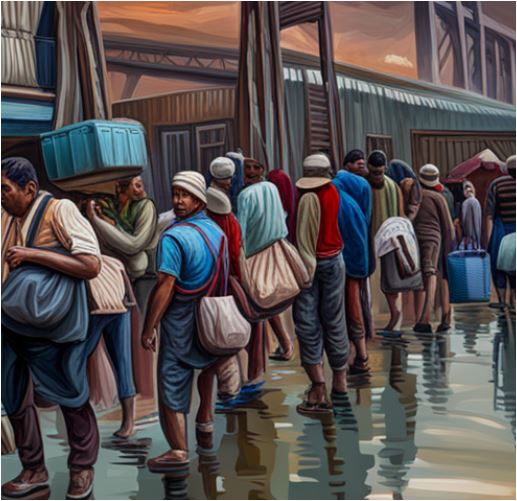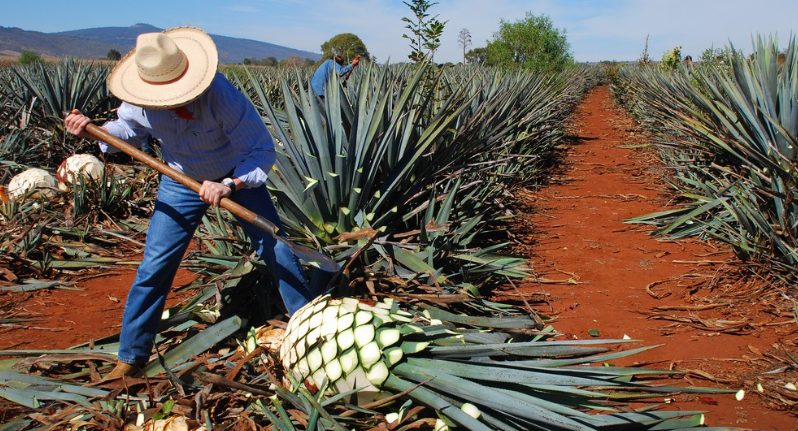This gives Remain In Mexico a whole new meaning.
Imagine a vibrant, culturally rich country slowly morphing into something unrecognizable. The U.S. is pushing Mexico to integrate more immigrants from other nations, essentially transforming it into a giant sweatshop. This forced immigration policy could have severe negative implications for Mexicans already living there. In this post, we will explore how such drastic changes are being forced onto Mexico by the U.S. and how they could impact Mexico’s economy, society, and cultural identity.
Mexico’s Cultural Tapestry at Risk
Mexico is renowned for its rich cultural heritage, stemming from a blend of indigenous traditions and Spanish influences. Its vibrant festivals, music, and cuisine have become symbols of national pride. However, an influx of immigrants might dilute this unique cultural identity.
A higher number of immigrants could lead to the proliferation of foreign traditions, languages, and customs, overshadowing Mexico’s indigenous heritage. While cultural diversity is generally positive, it could also lead to the erosion of traditional Mexican values and practices if not managed carefully. The onus then falls on both the government and citizens to strike a balance between integration and preservation.
Economic Strain on Local Resources
One of the most immediate consequences of increased immigration is the strain on local resources. Mexico’s infrastructure, including healthcare, education, and housing, may struggle to accommodate the sudden population surge.
Healthcare facilities could become overcrowded, making it difficult for locals to access essential services. Similarly, schools might face challenges in providing quality education due to increased student numbers. Housing prices could skyrocket, making it harder for Mexicans to afford homes. This economic strain could exacerbate existing social inequalities and create tension between locals and immigrants.
Mexican Job Market Disruption
Another significant concern is the potential disruption of the job market. Mexico has a relatively high unemployment rate, and an influx of immigrants could make the job market even more competitive.
Local workers might find it challenging to secure stable employment as companies opt for cheaper immigrant labor. This could lead to lower wages and deteriorating working conditions across various sectors. Over time, this could transform Mexico into a hub for low-cost labor, reminiscent of sweatshops, which would be detrimental to the country’s economic development.
Rise in Crime Rates
An increase in mass immigration could also lead to a rise in crime rates, as seen in the U.S. For many, the Economic hardship and social integration challenges might drive some immigrants towards illegal activities.
This could lead to an increase in petty crimes, drug trafficking, and other criminal activities, affecting the overall safety and security of Mexico. It is crucial to address the root causes of crime and implement effective measures to maintain law and order.
Why is the U.S. Advocating for More Immigrants in Mexico?
- Economic Interests: The U.S. sees Mexico as a strategic location for cheap labor that benefits American companies.
- Political Pressure: The U.S. is under political pressure to manage its own immigration issues and sees Mexico as a buffer.
- Trade Agreements: Economic agreements may come with clauses that indirectly push Mexico to accept more immigrants.
The Underlying Agenda
- Labor Exploitation: By flooding Mexico with immigrants, the plan is to create a large, exploitable workforce that can work for lower wages.
- Economic Strain: This influx can strain Mexico’s already limited resources, burdening public services and infrastructure.

